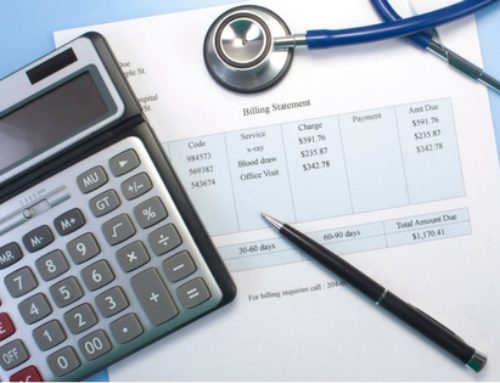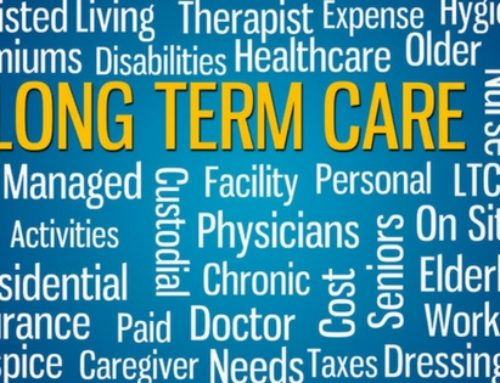Estate recovery is the process in which states attempt to recover Medicaid payments made on behalf of individuals who received certain types of Medicaid coverage during their lifetime. States are required by law to perform estate recovery. States can recover payments from the probate estate of anyone who was 55 and older and received Medicaid-covered nursing home services, medical services and any home and community-based services. This is called “estate recovery”. When you become eligible for Medicaid, the state must send you a written notice informing you of its right to recover payments after your death.
One method of estate recovery that state uses is attaching a lien to your house (if you own one). If your house is sold before or after your death, the state can collect from the sale proceeds. A lien may not be attached to your house if your spouse, child under 21, blind or disabled child or sibling with an equity interest is living there. Estate recovery may proceed after the death of your spouse or dependent relative. The lien must be removed if you are discharged from a nursing home and return home.
States may not recover any Medicare cost-sharing payments made on behalf of Medicare Savings Program beneficiaries. States may not seek recovery of more than the total amount of Medicaid payments made on the recipient’s behalf at or after age 55. States may not recover more than what remains in the estate after other creditors’ claims are satisfied.






